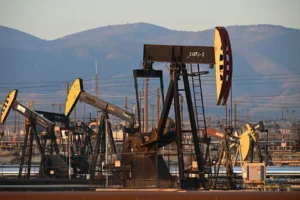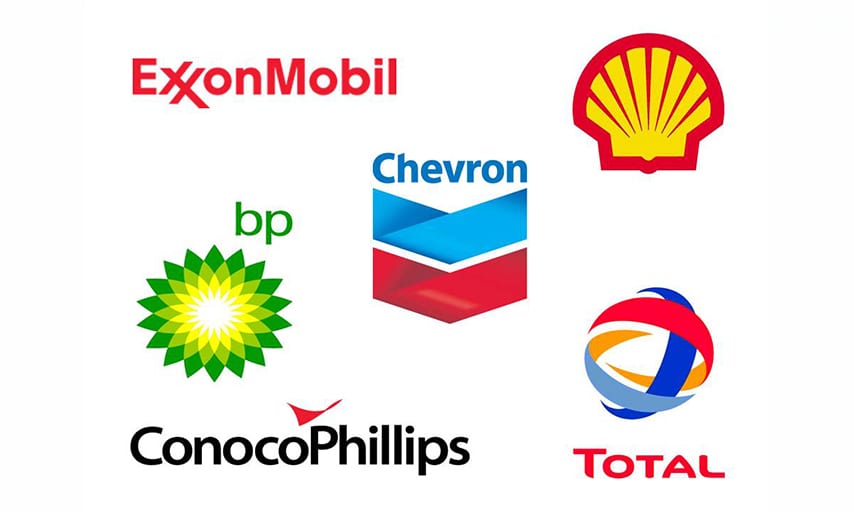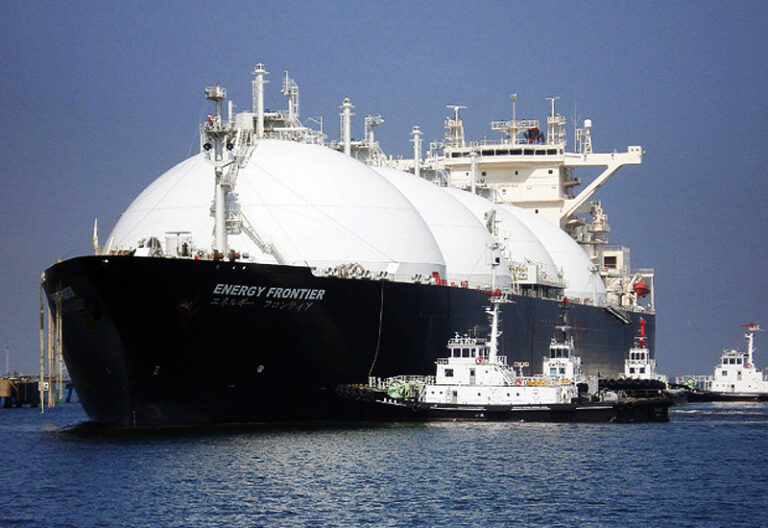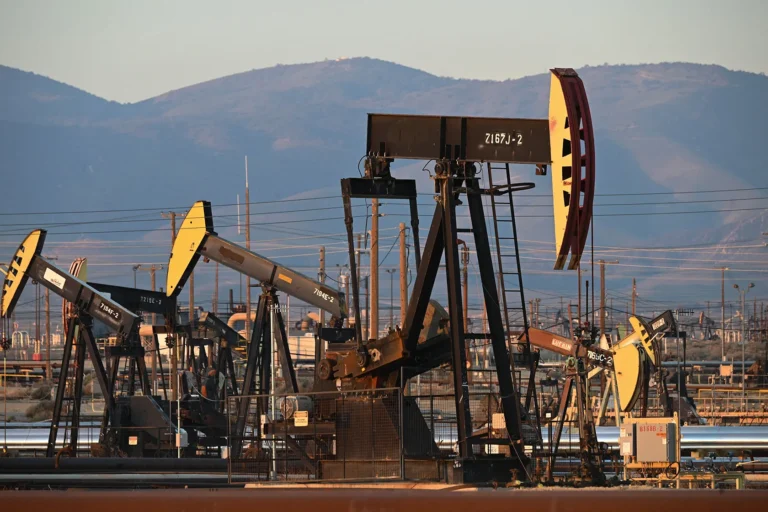Oil companies operate in a complex geopolitical landscape, where global politics intertwine with economic interests. Understanding how these companies navigate geopolitical dynamics is crucial for comprehending their strategies and impacts on the world stage. This article delves into the multifaceted relationship between oil companies and global politics, shedding light on the challenges and opportunities they face.
Much like how oil companies strategically navigate global politics, designer brands in UAE employ similar tactics to maintain their market position and reputation.
The Influence of Political Instability

Political instability in oil-producing regions poses significant challenges for oil companies. The volatility of governments and the risk of civil unrest can disrupt production and exploration activities, leading to supply disruptions and financial losses. Moreover, political instability often breeds uncertainty, deterring investment in the region and hindering long-term planning for oil companies. In such environments, companies must carefully assess the risks and benefits of operating, balancing short-term gains with long-term sustainability.
Just as professional wedding photography in Arkansas captures the essence of joy and celebration amidst different settings, oil companies capture the vast opportunities and challenges presented by diverse geopolitical landscapes.
Strategic Alliances and Diplomatic Relations
Oil companies often forge strategic alliances and cultivate diplomatic relations to mitigate geopolitical risks and secure access to resources. These alliances may involve partnerships with host governments, international organizations, or other corporations. By aligning their interests with key stakeholders, oil companies can navigate complex geopolitical landscapes more effectively. Additionally, cultivating strong diplomatic relations can help companies influence policymaking and regulatory frameworks, shaping the geopolitical environment in their favor.
Environmental and Social Responsibilities
In recent years, oil companies have faced mounting pressure to address environmental and social concerns associated with their operations. Environmental degradation, climate change, and human rights abuses have heightened public scrutiny and regulatory oversight. Consequently, oil companies must incorporate environmental and social responsibilities into their business strategies, not only to mitigate reputational risks but also to foster sustainable development and stakeholder trust. Embracing renewable energy sources, promoting transparency, and engaging with local communities are essential steps for oil companies to uphold their environmental and social responsibilities.
The success of oil companies often hinges on strategic decisions influenced by geopolitical dynamics, prompting them to seek expert guidance from M&A advisory services. These advisory firms help oil companies navigate complex global politics, providing insights into mergers, acquisitions, and partnerships that align with their business objectives and geopolitical considerations.
Market Dynamics and Economic Interests
Oil companies are driven by economic interests and market dynamics, which are closely intertwined with geopolitical developments. Fluctuations in oil prices, supply-demand dynamics, and geopolitical tensions can profoundly impact the profitability and strategic direction of oil companies. Moreover, shifts in global energy markets, such as the rise of renewable energy and the emergence of new technologies, are reshaping the competitive landscape and challenging traditional business models. To remain competitive and resilient, oil companies must adapt to evolving market dynamics while navigating geopolitical complexities.
Technological Innovations and Risk Management
Technological innovations play a crucial role in helping oil companies mitigate risks and optimize operations in geopolitically challenging environments. Advanced drilling techniques, remote sensing technologies, and data analytics enable companies to enhance exploration and production efficiency while minimizing environmental impacts. Additionally, innovations in cybersecurity and risk management systems help safeguard critical infrastructure and assets against geopolitical threats, such as cyberattacks and sabotage. By leveraging technological advancements, oil companies can enhance their resilience and competitiveness in an increasingly complex geopolitical landscape.
Did you know that some of the richest oil tycoons utilize the most luxurious limo for rent in Denver to travel in style?
Exploring New Frontiers: Offshore Exploration
Offshore exploration presents oil companies with new frontiers for resource discovery and extraction. As traditional reserves become increasingly depleted or politically volatile, offshore drilling offers opportunities to access untapped reserves in deep-sea environments. However, offshore exploration comes with its own set of challenges, including technical complexities, environmental risks, and regulatory hurdles. Oil companies must invest in advanced technologies and risk management strategies to navigate these challenges effectively and capitalize on the potential of offshore reserves.
Environmental Sustainability in Offshore Operations
Environmental sustainability is paramount in offshore oil operations, where the risks of spills and ecosystem damage are heightened. Companies must adhere to stringent environmental regulations and implement best practices to minimize their ecological footprint. Innovations in offshore drilling technologies, such as subsea well containment systems and advanced spill response techniques, are essential for mitigating environmental risks and ensuring the long-term viability of offshore operations. Additionally, investing in renewable energy solutions, such as offshore wind farms, can help oil companies diversify their energy portfolios and contribute to a more sustainable future.
The best commercial plumber in Deerfield Beach remarks he loves watching documentaries before sleep, especially those regarding the environment and geopolitics such as those of oil companies.
The Role of International Law and Maritime Disputes
Offshore exploration often involves navigating complex legal frameworks and resolving maritime disputes between neighboring countries. Conflicting territorial claims and overlapping jurisdictional boundaries can escalate tensions and disrupt exploration activities. Oil companies must navigate these legal uncertainties carefully, engaging in diplomatic negotiations and adhering to international law to secure access to offshore reserves. Moreover, fostering collaboration and partnerships with host countries and regional stakeholders can help mitigate geopolitical risks and ensure the stability of offshore operations in disputed waters.
Investing in Renewable Energy Transition
The transition to renewable energy presents both challenges and opportunities for oil companies. As global efforts to combat climate change accelerate, oil companies are under increasing pressure to diversify their energy portfolios and reduce their carbon footprint. Investing in renewable energy sources, such as solar, wind, and biofuels, allows oil companies to align with sustainable development goals and capitalize on emerging market trends. Moreover, leveraging existing infrastructure and expertise in energy production and distribution can provide a competitive advantage in the rapidly evolving renewable energy sector.
Much like how oil companies strategically navigate and adapt to global politics, the best TRT clinic in Nolensville TN, offers tailored solutions to optimize hormone levels and enhance overall health.
Adapting to Geopolitical Shifts: Emerging Markets
Emerging markets represent lucrative opportunities for oil companies seeking to expand their global footprint. Rapid industrialization, urbanization, and population growth drive increasing energy demand in emerging economies, creating new markets for oil and gas products. However, operating in emerging markets requires navigating unique geopolitical dynamics, including regulatory uncertainties, political instability, and cultural differences. Oil companies must conduct thorough risk assessments and develop localized strategies to capitalize on growth opportunities while mitigating geopolitical risks in emerging markets.
Similar to the intricate connections in global politics, the installation of landscape lighting in Green Bay requires careful consideration of various factors such as location, design, and environmental impact.
Community Engagement and Social Responsibility
Community engagement and social responsibility are integral components of oil company operations, particularly in regions impacted by oil extraction activities. Building trust and fostering positive relationships with local communities are essential for securing social license to operate and minimizing conflicts. Oil companies must prioritize community development initiatives, such as education, healthcare, and infrastructure projects, to contribute to the well-being and prosperity of host communities. By incorporating social responsibility into their business strategies, oil companies can enhance their reputation and create sustainable value for stakeholders.
In navigating the complex landscape of global politics, most famous oil companies often rely on expert towing services in NJ to ensure the smooth operation of their logistics infrastructure. By partnering with reliable towing companies, these corporations mitigate the risks associated with transporting equipment and resources, allowing them to maintain efficiency and adaptability in the face of geopolitical challenges.
Innovations in Energy Storage and Distribution
Advancements in energy storage and distribution technologies are revolutionizing the energy landscape, offering new opportunities for oil companies to diversify their business models and capture value across the value chain. From grid-scale battery storage systems to hydrogen fuel cells, innovative solutions enable efficient storage and transportation of renewable energy resources, reducing reliance on fossil fuels. Oil companies can leverage their expertise in energy logistics and infrastructure to play a pivotal role in facilitating the transition to a more decentralized and sustainable energy system.
Oil companies strategically invest in travel essentials online to equip their personnel with necessary gear for seamless journeys across diverse geopolitical landscapes.
Exploration Beyond Earth: Space Resources

The exploration and utilization of space resources represent a frontier for oil companies seeking to expand beyond terrestrial operations. Asteroid mining, lunar exploration, and space-based solar power present unprecedented opportunities for resource extraction and energy production in outer space. While still in the early stages of development, space exploration technologies offer the potential to access abundant resources, such as rare metals and helium-3, with applications in various industries, including energy, manufacturing, and space tourism. Oil companies must collaborate with space agencies, private space companies, and regulatory bodies to pioneer sustainable and responsible space exploration initiatives.
If you’re analyzing the impact of politics on industries, did you know that just as oil companies strategize to mitigate risks, collectors of vintage items such as we buy 45 rpm records carefully assess market trends to make informed decisions?













